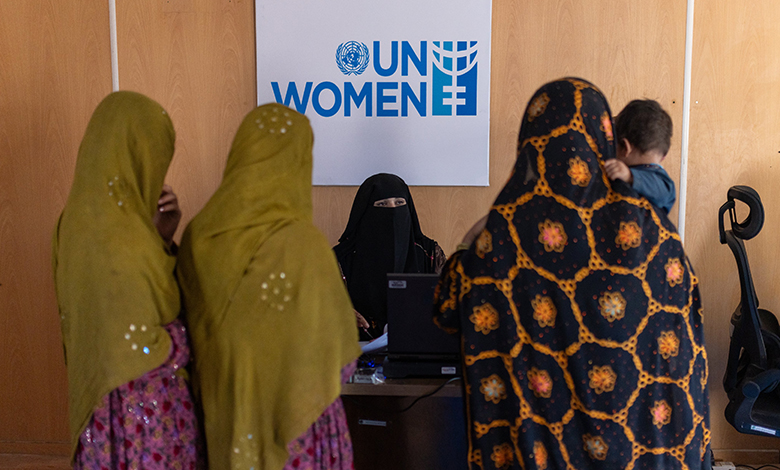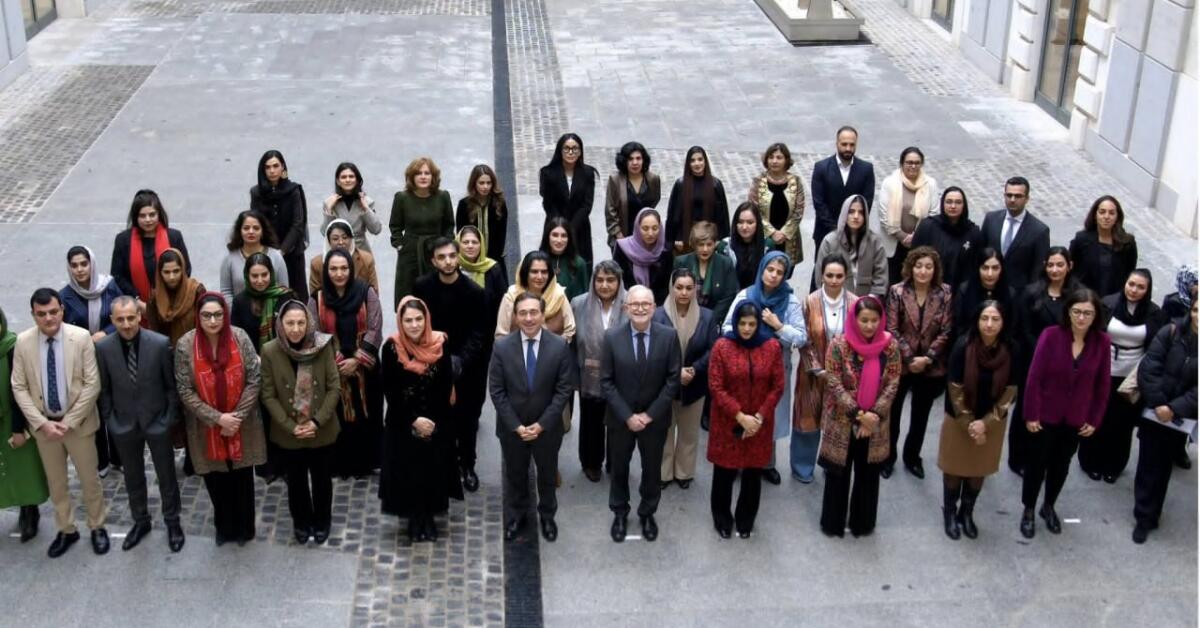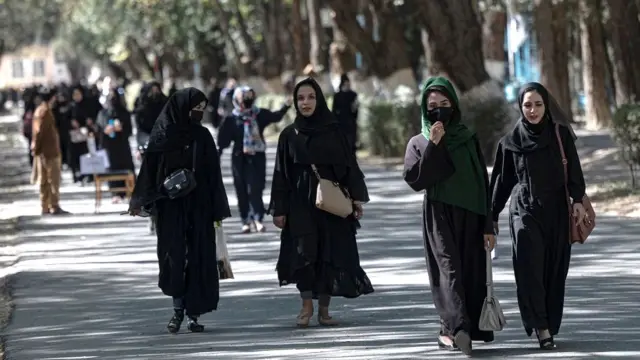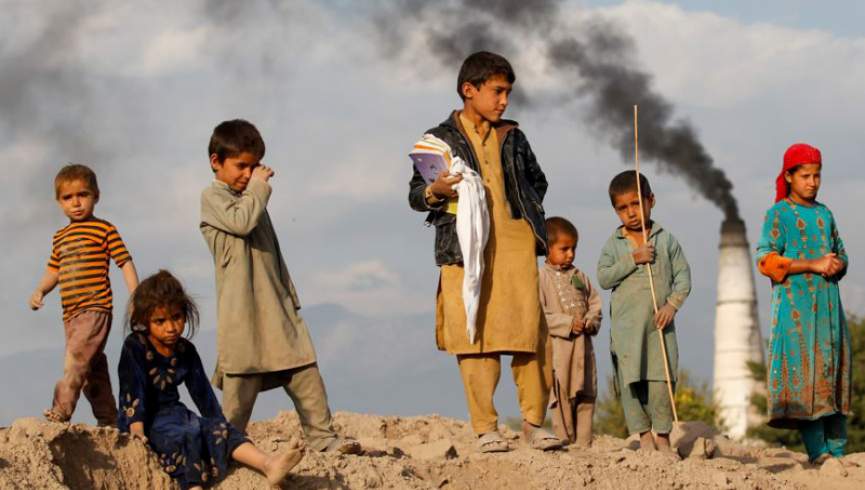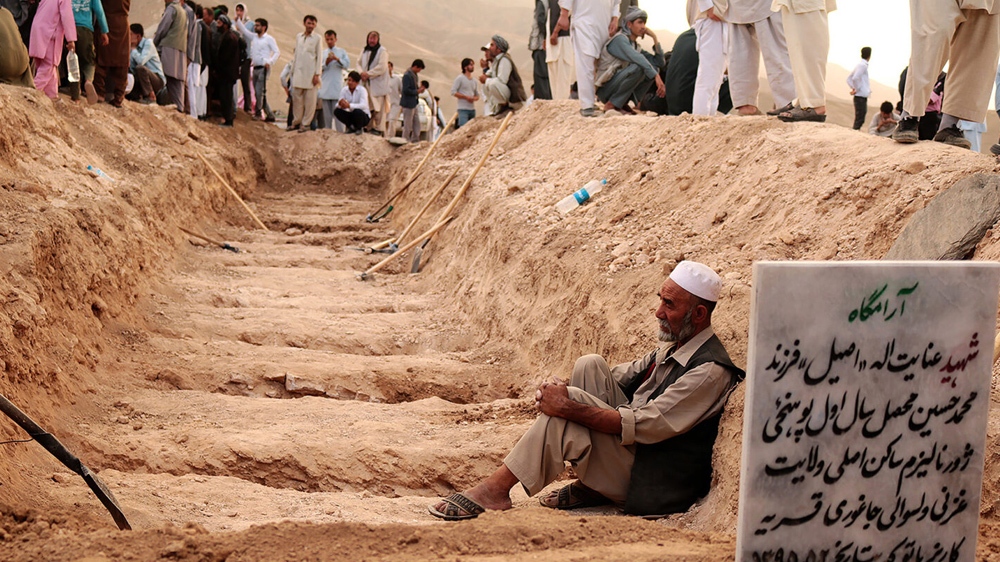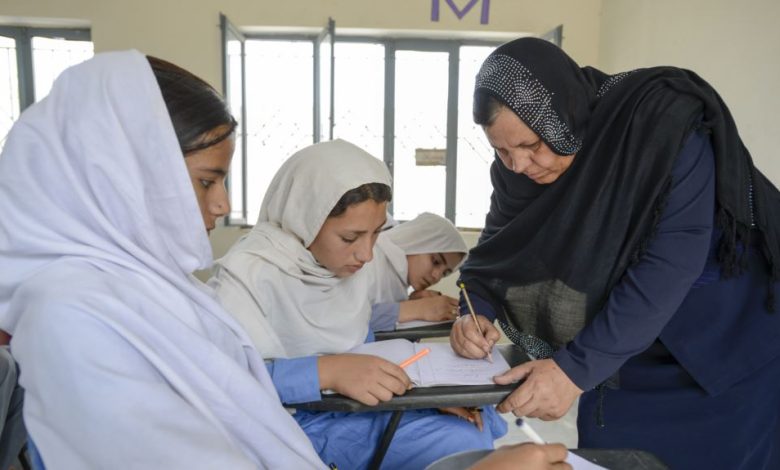
UNICEF has announced that Afghanistan is facing a series of interconnected crises, including natural disasters, a fragile economy, and limited access to basic services. In 2026, an estimated 21.9 million people — including 11.6 million children — will require humanitarian assistance. In a report released today (Tuesday, Dec 16), the organization said that the protection crisis is deepening. Women of reproductive age, children, adolescents, and marginalized groups are facing increasing risks, and as conditions worsen, UNICEF’s continued presence to deliver essential services and protect the most vulnerable people is vital. The United Nations Children’s Fund stated that in 2026 it will require USD 949.1 million to assist 12 million people, including 6.5 million children, in Afghanistan. The report notes that this funding is critical to ensuring that every child in Afghanistan has the opportunity to survive and thrive. With this budget, life-saving assistance and essential services will be provided to children and vulnerable people, urgent humanitarian needs will be addressed, and community resilience will be strengthened. UNICEF further emphasized that the child protection crisis in Afghanistan is deepening, with women of reproductive age, children, young people, and marginalized groups facing growing risks. In another section of the report, UNICEF added that women and girls in Afghanistan are facing a systematic crisis of their rights. Bans on their education and employment, along with widespread restrictions on daily life, have increased protection risks and are threatening long-term resilience. The United Nations Children’s Fund also stressed that chronic underinvestment in water, sanitation, and hygiene (WASH), compounded by relentless climate shocks, has intensified humanitarian needs and weakened community resilience. UNICEF said that under these conditions, its continued presence to deliver essential services and protect the most vulnerable people is critical. It should be noted that the UN Office for the Coordination of Humanitarian Affairs (OCHA) had previously stated that 21.9 million people in Afghanistan will need humanitarian assistance in the coming year. OCHA said that humanitarian organizations have prioritized assisting 17.5 million people and have appealed for USD 1.72 billion in funding to support them.


